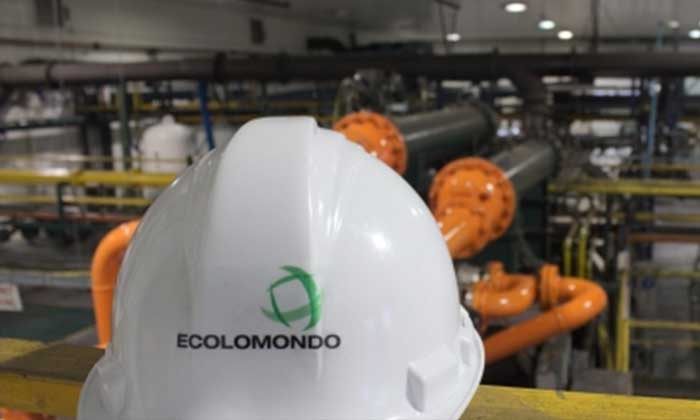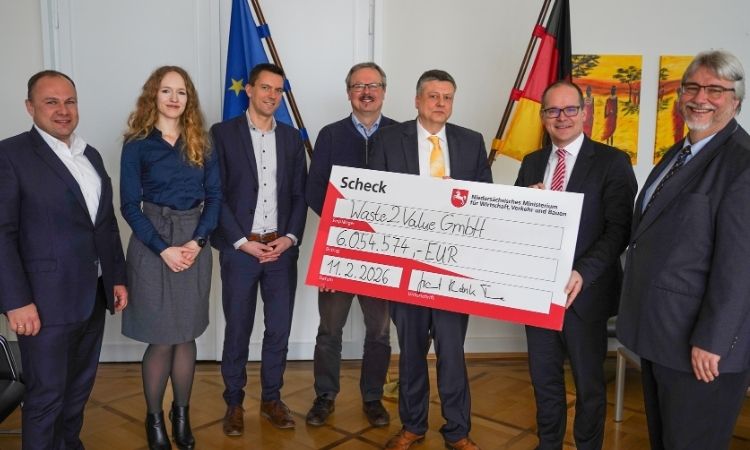Innovation will play key role in the tire industry – ETRMA
The European Tire and Rubber Manufacturers Association (ERTMA) reports that the rapid and exciting evolution of mobility is raising fundamental questions regarding fair and equal access to in-vehicle data. Future mobility brings opportunities for road safety, sustainability and society at-large. As a key contributor to the automotive industry and value chain, an innovation-driven tire industry will play a crucial role in driving advancements.
Tire manufacturers can process vehicle-generated data to provide highly accurate, precise, high quality as well as close to real-time diagnostic and prognostic services linked to tire behavior analysis. The precision insights by tire manufacturers on in-vehicle data will be essential to accelerate the potential benefits of connectivity and automation for others in the mobility chain.
This is demonstrated by an industry report commissioned in 2019 by ETRMA and carried out by Quantalyse , introducing the concept of Tire-as-a-Service.
Tires have a key role to play as digitalization is transforming and enhancing road mobility, making it smarter, safer, and more sustainable.
To create truly connected and automated mobility systems, we need:
- Data Availability and Re-usability,
- Real Time geolocation information across the European Union,
- Interoperability and interconnection, and
- Harmonization and standardization.
Being the only point of contact with the road, tires can capture, share, and elaborate vital information contributing to:
- Improved security
- Enhanced traffic management
- Road maintenance, and
- Decarbonisation.
Tire-as-a Service (TaaS), through innovative telematics solutions, can translate in-vehicle data into alerts and advice for prognostic, diagnostic, repair and maintenance services for the benefits of drivers and fleet managers.
Access to in vehicle data is at the heart of TaaS.
The tire industry is committed to keep innovating via its Tire-as-a Service solutions, helping to improve road safety, save fuel, decrease CO2 emissions, reduce congestion, and support the electrification transition.
To learn more, please visit ERTMA’s website.
Weibold is an international consulting company specializing exclusively in end-of-life tire recycling and pyrolysis. Since 1999, we have helped companies grow and build profitable businesses.









